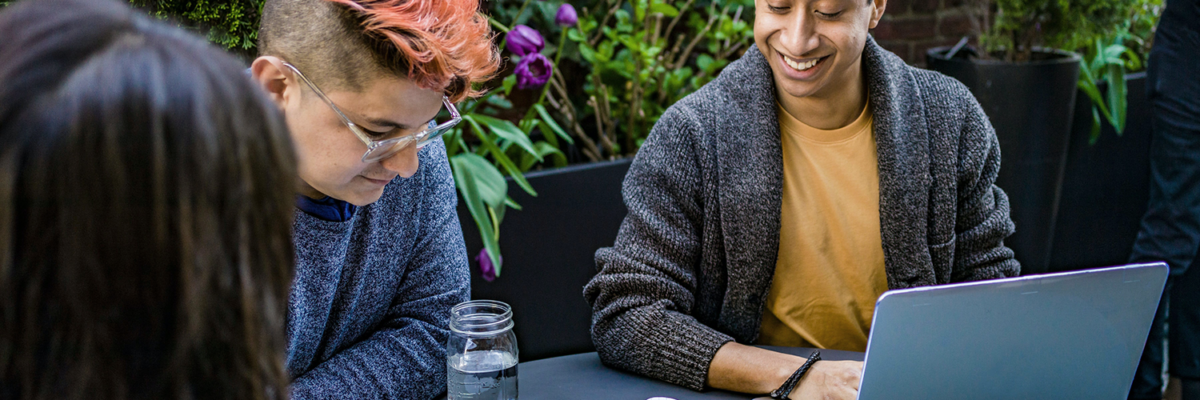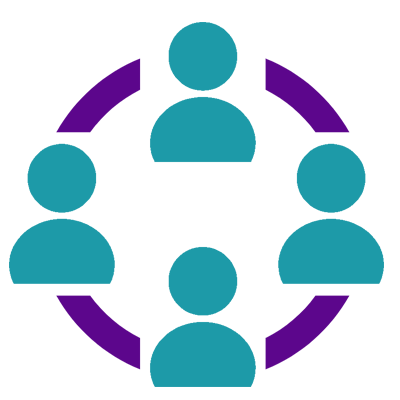In order to achieve a world free from intimate partner violence, we must prevent violence from happening in the first place.
prevent [pri-VENT]
noun (used with object)
- to keep from occurring; avert; hinder
- to hinder or stop from doing something
prevention [pri-VEN-shuhn]
noun
- the act of preventing; effectual hindrance
Prevention is Multi-Tiered
Ending intimate partner violence is part of MNADV’s vision of a Maryland where there is no place for violence. Prevention efforts are key to achieving this goal. Prevention is a multi-tiered effort.
Types of Prevention
Intervening before intimate partner violence occurs. Includes methods such as building healthy relationships and engaging men and boys.
Intervening after intimate partner violence has occurred to ensure it does not happen again. Includes practices such as counseling, crisis intervention, legal remedies, and shelter.
Intervening by continuing to provide support to victims and accountability for offenders. Includes efforts like support groups and abuser intervention programs like the Maryland Abuse Intervention Collaborative.
Abuse Intervention Programs (AIP)
Programming for Abusers
There is help available for people who are abusive towards their partners. Abuse Intervention Programs (AIPs) in Maryland help people who have been abusive to their partners learn to change. Participating in AIPs is a first step in learning that there are better, alternative ways to deal with relationships than using violence and control. In a group setting, participants learn about power and control and the effect of abuse on their partners and children. They also build new relationship skills.
Attending an AIP does not mean that the abuse will stop. It is only one tool that can lead people who truly want to change towards healthier relationships. Some people think that anger management, couples counseling, or drug and alcohol counseling will stop the abuse. However, that is not the case. AIPs are built especially for people who have learned that violence and control is acceptable in their relationships.

MAIC
MAIC seeks to ensure quality Abuse Intervention Programs (AIPs) throughout Maryland. You can read more about MAIC here. The Family Violence Council of the Governor’s Office of Crime Prevention, Youth, and Victim Services is responsible for certifying AIPs in Maryland. AIPs must follow guidelines laid out by the Governor’s Family Violence Council, available here. You can browse the list of 34 current programs that are currently certified in Maryland via the link below.
Models for Prevention
The Socio-Ecological Model
The Socio-Ecological Model provides a 4-step approach towards preventing violence by examining individual, relationship, community, and societal factors contributing to violence. The following explanations come from the Centers for Disease Control, which considers violence a public health problem.

Individual
Biological and personal history factors that increase the likelihood of becoming a victim or perpetrator of violence.

Relationship
Close relationships that may increase the risk of experiencing violence as a victim or perpetrator.

Community
Settings, such as schools, workplaces, and neighborhoods, in which social relationships occur and the characteristics of these settings that are associated with becoming victims or perpetrators of violence.

Societal
Broad societal factors that help create a climate in which violence is encouraged or inhibited, including social and cultural norms.
More from the CDC
For more information on the Socio-Ecological Model and the strategies it puts forth to combat violence, visit the CDC website.
References
Publications
- The HRSA Strategy to Address Intimate Partner Violence: 2017-2018 Progress Report >> Link
- Prevent, Assess, and Respond: A Domestic Violence Toolkit for Health Centers & Domestic Violence Programs >> Link
- Preventing Intimate Partner Violence Across the Lifespan: A Technical Package of Programs, Policies, and Practices >> Link
Websites:
General
- A Call to Men >> Link
- Anti-Racism as Violence Prevention >> Link
- Coaching Boys into Men >> Link
- Futures Without Violence Prevention Page >> Link
- Love is Respect >> Link
- One Love Foundation >> Link
